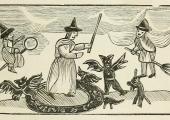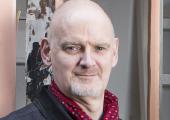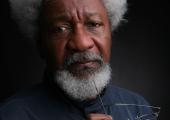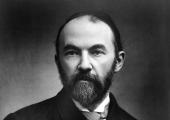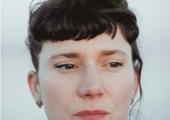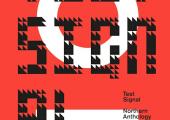Extract: Catching Fire by Daniel Hahn
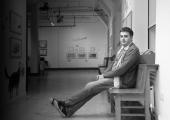
Laying bare the translator's quandaries, including the problem of gendered language
Daniel Hahn began his translation of Jamás el fuego nunca, a novel by experimental Chilean artist Diamela Eltit, in January 2021. Considering the careful, difficult but not impossible “craft” of translation as he worked, Hahn kept a diary, describing the “discrete choices” made during the process of writing Never Did the Fire: an English version of Eltit’s original with Hahn’s “fingerprints” all over it.

